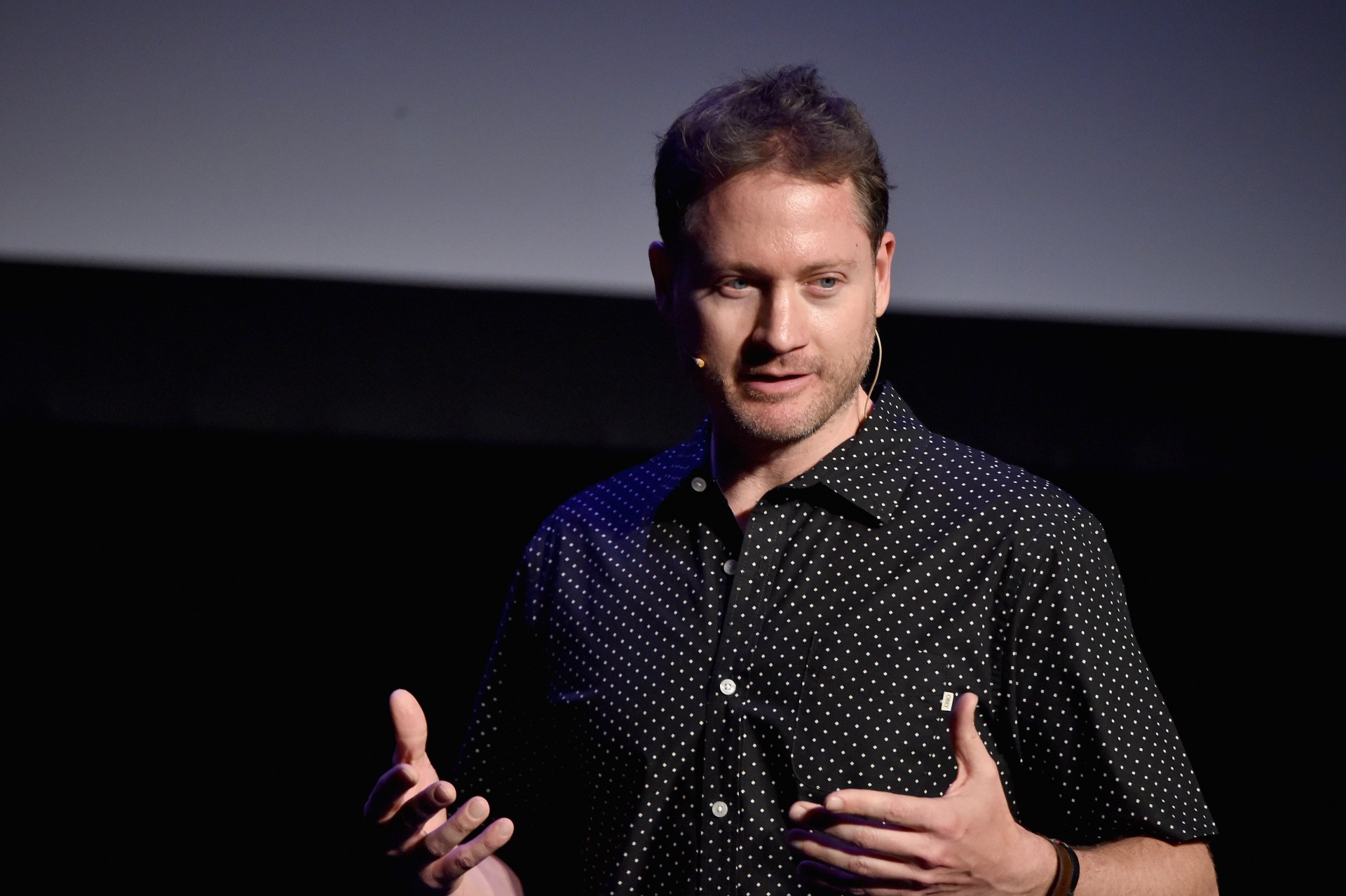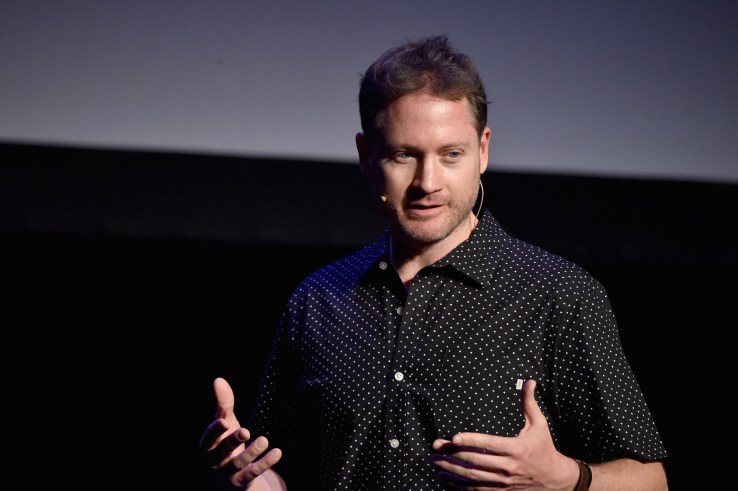Bryan Johnson invests $100 million in Kernel to unlock the power of the human brain


Earlier this year, former Braintree founder Bryan Johnson publicly announced his plans to forge Kernel, a company with the sole purpose of building hardware and software to augment human intelligence. Today, Johnson is investing $100 million of his own money into the concept, looking to rapidly double the size of his team, shore up a portfolio of intellectual property and prepare for animal and human testing trials for a forthcoming deviceaimed at reducing cognitive deficiencies for sufferers of conditions like Alzheimers and dementia.
Kernel is still very much in the planning stages, but the idea is rooted in the research ofTheodore Berger, the companys chief science officer. The futuristic device, which Johnson says might actually not need to be implanted beneath the skull at all, is designed to facilitate communication between brain cells byhacking the neural code that enables our brain to store and recall key information. With proper implementation, such a device could correct faulty signals to mend a cognitive impairment.
We have done this before with biology and genomics, said Johnson in an interview. We can program yeast to do a specific function. We can expect the same path with neural code.
$100 million may sound like a lot of money, but it is likely just a fraction of what Johnson will need over time. To put it in perspective,Pfizer regularly spends betweenseven and nine billion dollars a year on research and development and the government-funded National Institutes of Health pulled from a budget this year of over $30 billion. Granted these companies and institutions are tackling a large number of problems simultaneously, but neither are trying to bring a neuroprosthetic to market.
Johnson believes that over time he will need to raise $1 billion to execute a series of product milestones. He opted not to acceptoutside investment, despite strong interest, because his project is so early in its development. He wants to take his time and choose his partners carefully, which is a nice luxury for someone with the resourcesfor patience.
We think this, building on efforts of pioneers, will take 7-10 years,added Johnson. There will be public support in doing this.
Kernel is a phenomenally ambitious idea but its in its infancy.Theres nothing wrong with rooting for adventurous capital-backed ideas, so long as we dont circle around and back stab them with the expectations of a 10X, 5-7 year growth trajectory. Johnson and his team will have to navigate scientific bottle necks, smooth over fears from the FDA, and win over peoples minds, without their neuroprosthesis of course, before the company really even gets to the Series B stage.
Despite Johnsons $100 million dollar bet, this company is fundamentally a seed stage investment. In reality, every investment between now and true product market fit will straddle the line between seed and Series A regardless of whether Johnson continues to self-fund his venture or if Google Ventures, KPCB, and Founders Fund all jump in for a party round.
While the future may bring us a Kernel neuroprosthesis capable of turning us into Eddie from Limitless, the near term decisions we must make are a far better use of our time. Much like with fears around AI, its far more likely that societal risks will be born in the details. The threat from artificial intelligence today is not Hal 9000 taking over the world, but rather scenarios wheredeep learning could beused by groups to incite terror through the autonomous classification and destruction of people and places.
Johnson explains that individuals facing cognitive deficiencies will be the first super-humans. This is because the FDA has strict regulations around the enhancement of human brains. If the FDA does decide to relax those rules, it will have serious and profound implications around the right to purchase intelligence, and the right to self address diseases like anxiety and depression.
My intent is to build products for billions of people, not just elite or rich, Johnson added.
For Johnson, the quest is innately personal. His step-father has early signs of Alzheimers. If successful, he hopes that implementingartificial intelligence alongside human intelligence could some day give himback hishumanity. He also wants tore-write identity and shake up the ideological core of what it means to be human. No small ambitionfor a startup.